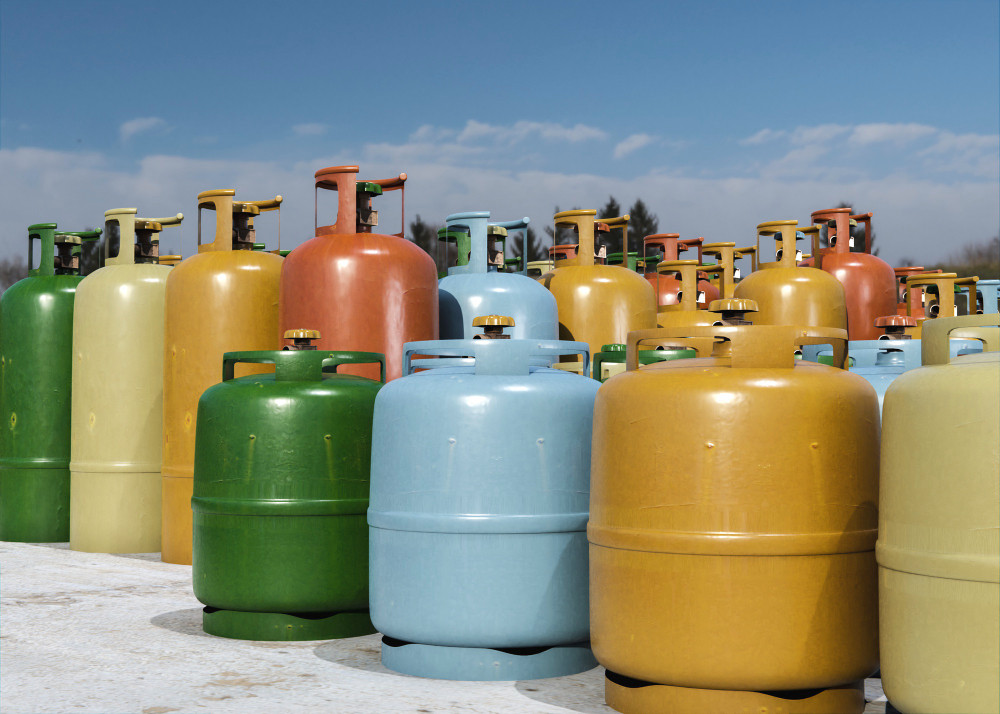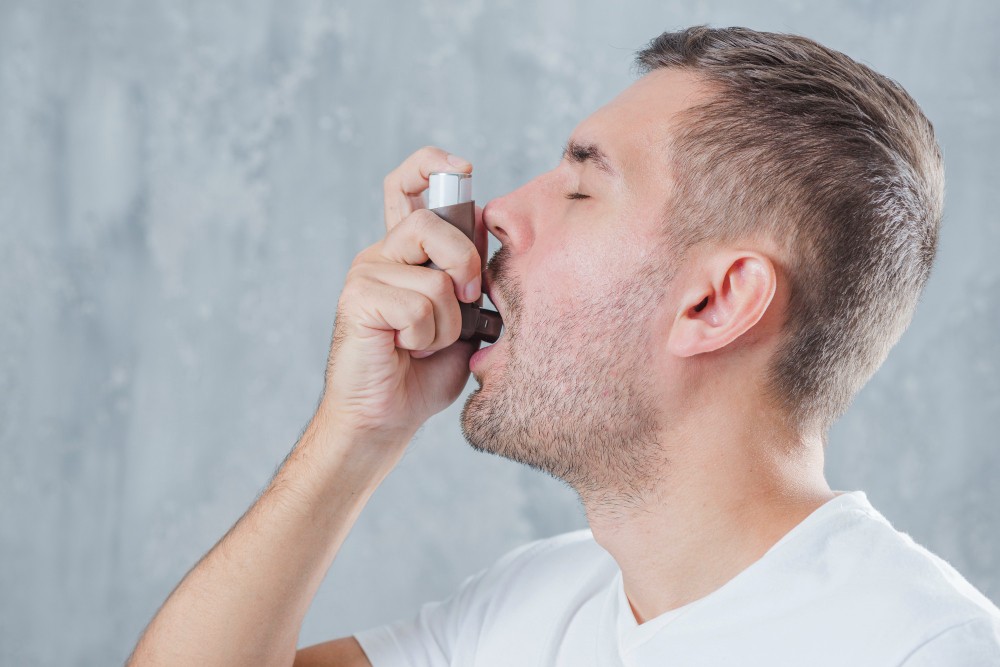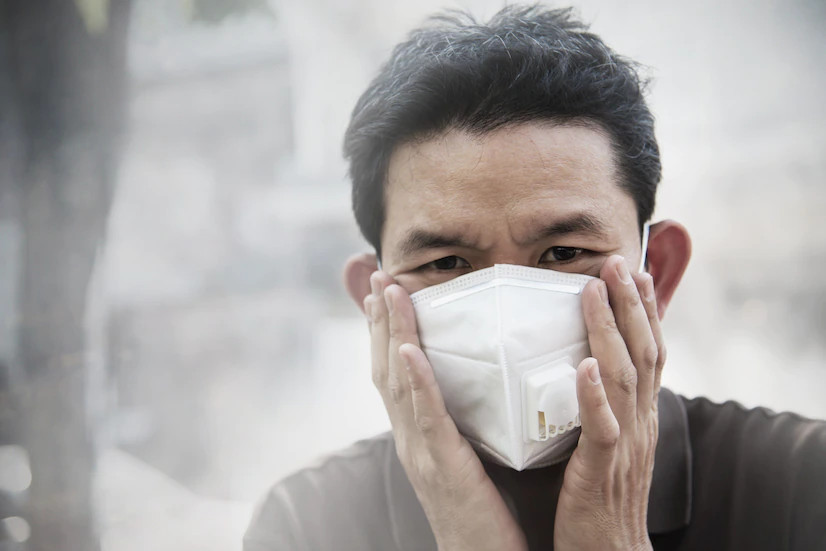Have you ever seen an attraction where a person inhales helium gas from a balloon or other source, and then his voice changes to be more squeaky like a cartoon character? This is an example of using helium gas for entertainment. But experts warn that the indiscriminate use of helium gas can be harmful to health.
What is Helium Gas?
Helium is a colorless, odorless, and tasteless gas. This gas is inert, that is, it does not react with other substances. Among other chemical elements, helium is the second lightest element. Helium is also the most abundant element found in nature after hydrogen. The nature of helium being lighter than air makes helium gas often used to inflate balloons.
When a person inhales helium and experiences a change in voice to be higher. This is due to the density of helium, which is denser than the air we breathe every day and, when inhaled, causes sound waves to move faster. In addition, high frequencies resonate more than low frequencies, causing the sound to sound higher.
Read more: Lilin Aromaterapi, Berbahayakah bagi Kesehatan?
Health Benefits of Helium Gas
Apart from being used to fill balloons, helium can also be used for other purposes in both the medical and industrial worlds. Some of the uses of helium gas include hot air balloons, satellite instruments, air sources for breathing in deep sea diving (mixed with oxygen), and fiber optics, microscopes, and barcode scanners.
In the medical world, helium gas also has several benefits, including being a cooling medium for equipment such as magnetic resonance imaging (MRI) scanners. A mixture of helium and oxygen called heliox is also used in medicine to treat patients with lung disorders such as severe asthma and chronic obstructive pulmonary disease (COPD).
The Health Hazards of Helium Gas Use
Helium gas is actually safe if used in moderation with proper use. For the general public, helium gas is usually used to fill balloon gas. But you should not inhale excessive helium gas. When you inhale excessive helium, this gas can replace oxygen. This means that when you inhale, your body only gets helium.
Given the importance of oxygen to your body, if you don't get enough oxygen then you risk dizziness, nausea, lightheadedness, fainting and even asphyxia in rare cases.
Inhaling helium from balloons may not cause major health problems, but that doesn't mean it's impossible. According to Healthline, some reports reveal that in some cases young children can die from asphyxiation after inhaling helium from balloons.
Read more: Mengapa PM2.5 Berbahaya bagi Kesehatan?
What about inhaling helium gas from sources other than balloons?
Apart from inhaling helium from balloons, another source of helium is from pressurized tanks. These tanks can release more helium gas, so the more pure helium you inhale, the longer your body is deprived of oxygen. Inhaling pure helium can cause death by asphyxiation and asphyxia in just minutes.
Another danger of inhaling helium is that you could be at risk of a gas or air embolism, which is a bubble trapped inside a blood vessel that blocks blood flow. As a result, blood vessels can burst and bleed. In addition, helium can also enter your lungs with enough force to cause your lungs to rupture.
Inhaling large amounts of helium can cause serious harm. If after inhaling helium you experience symptoms such as low blood pressure, difficulty breathing, irregular heartbeat and blurred vision, seizures and weakness, you should immediately consult the emergency room for treatment.
If you need medical advice or consultation, you can either visit a doctor or make use of the consultation features that are available in the Ai Care application by downloading the Ai Care application from the App Store or Play Store.
Looking for more information and tips regarding health conditon, first aid, or other home remedies? Click here!
Santos-Longhurst, A. (2022). Inhaling Helium: Harmless Fun or Health Hazard?. Available from: https://www.healthline.com/health/inhaling-helium#other-sources
Allarakha, S. Where Do We Get Helium Gas From?. Available from: https://www.medicinenet.com/where_do_we_get_helium_gas_from/article.htm
Drugbank Online. Helium. Available from: https://go.drugbank.com/drugs/DB09155
Bureau of Land Management. About Helium. Available from: https://www.blm.gov/programs/energy-and-minerals/helium/about-helium#.











